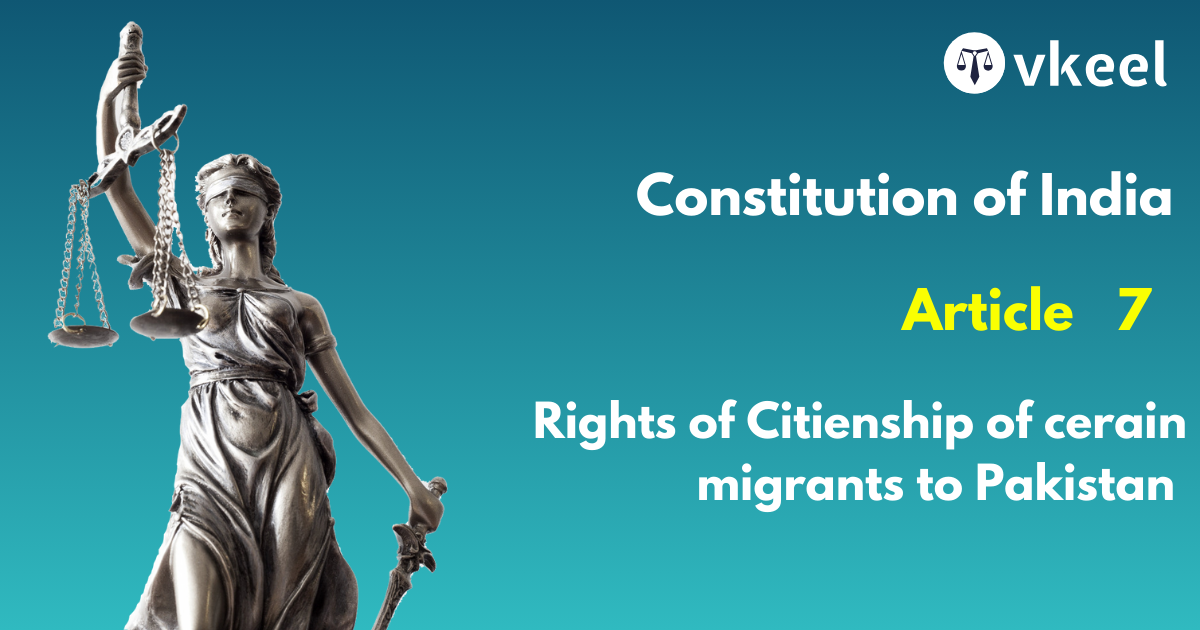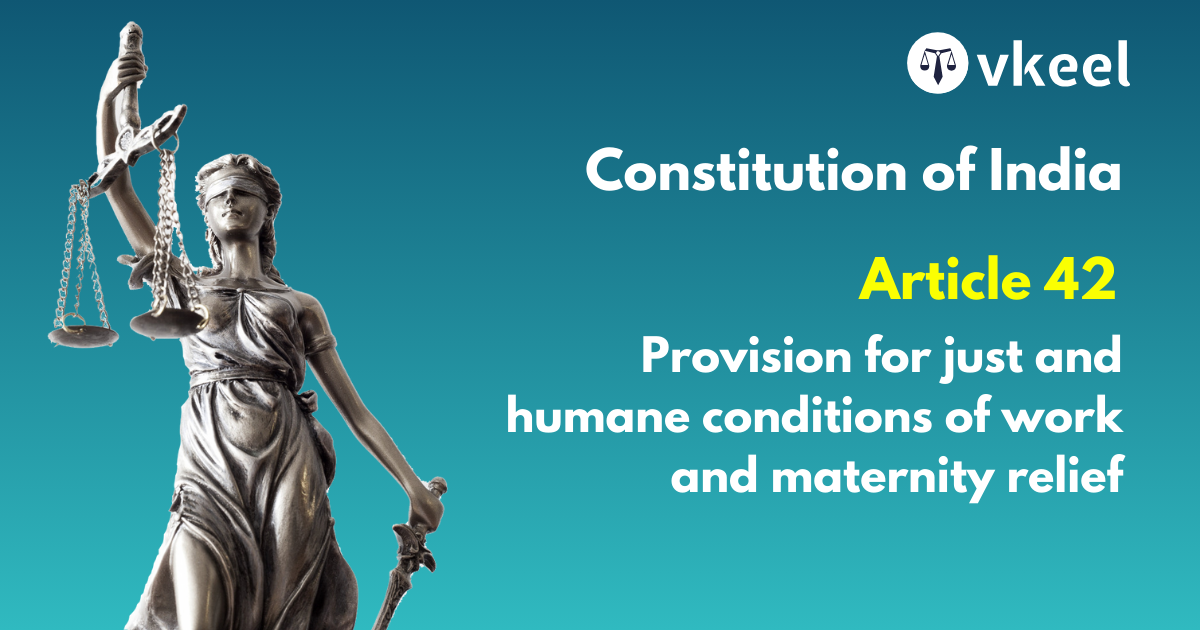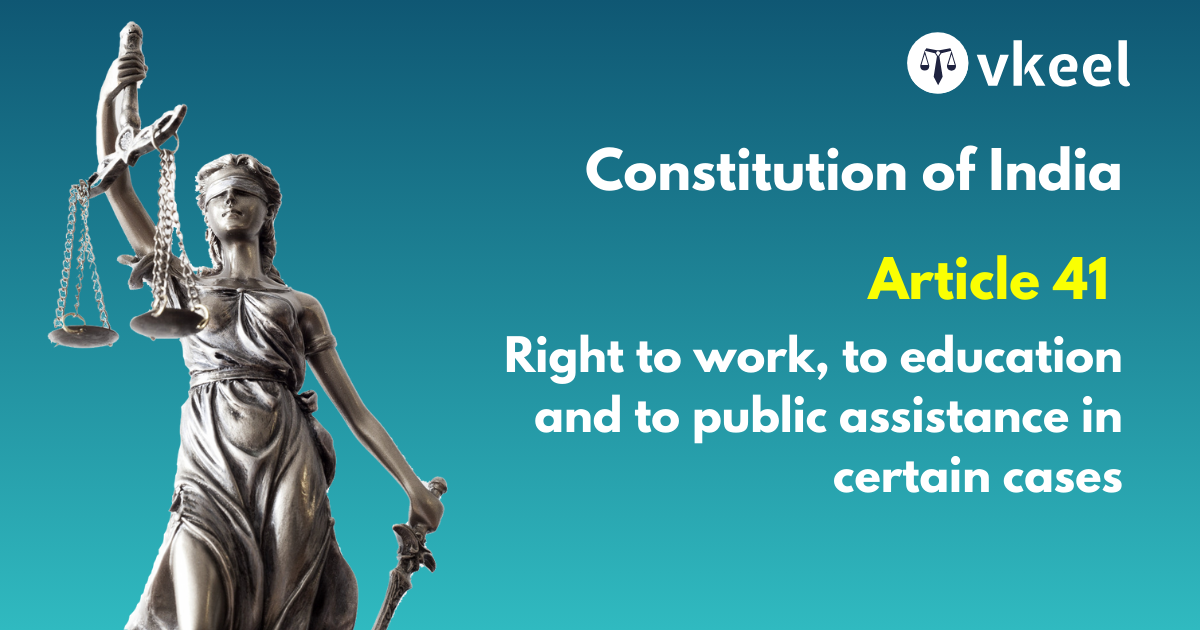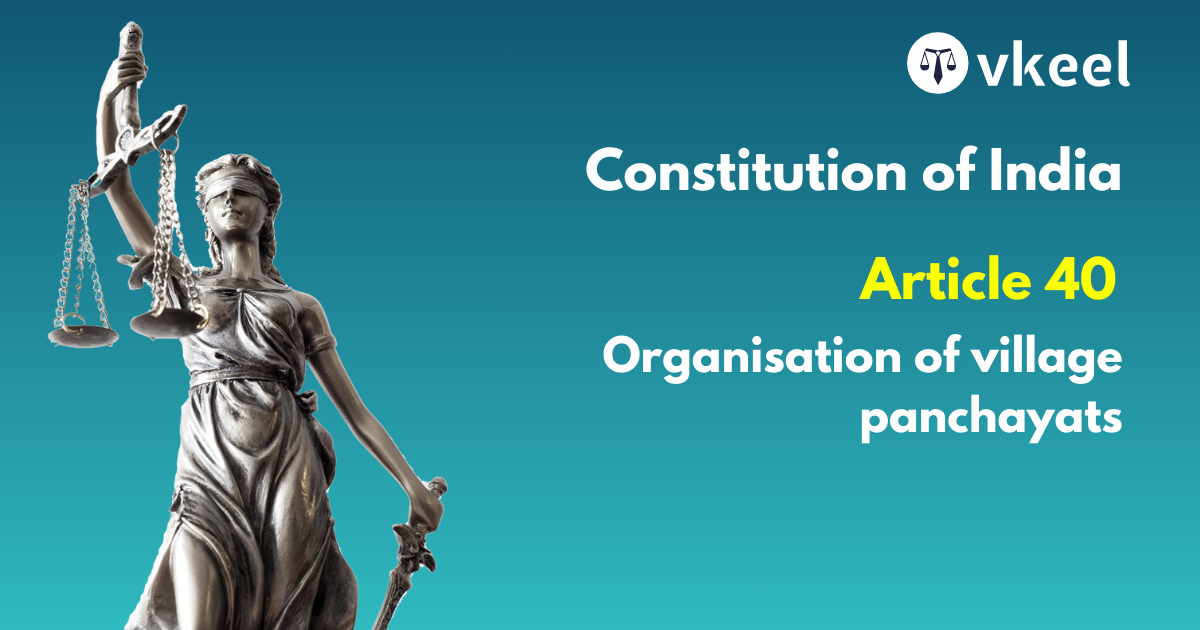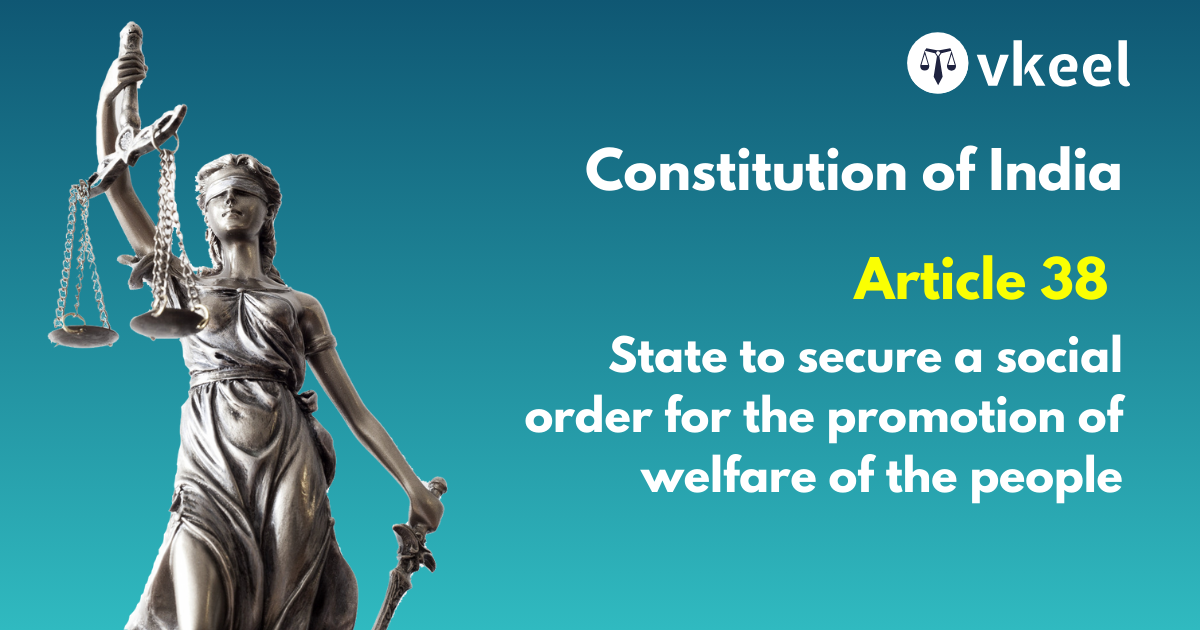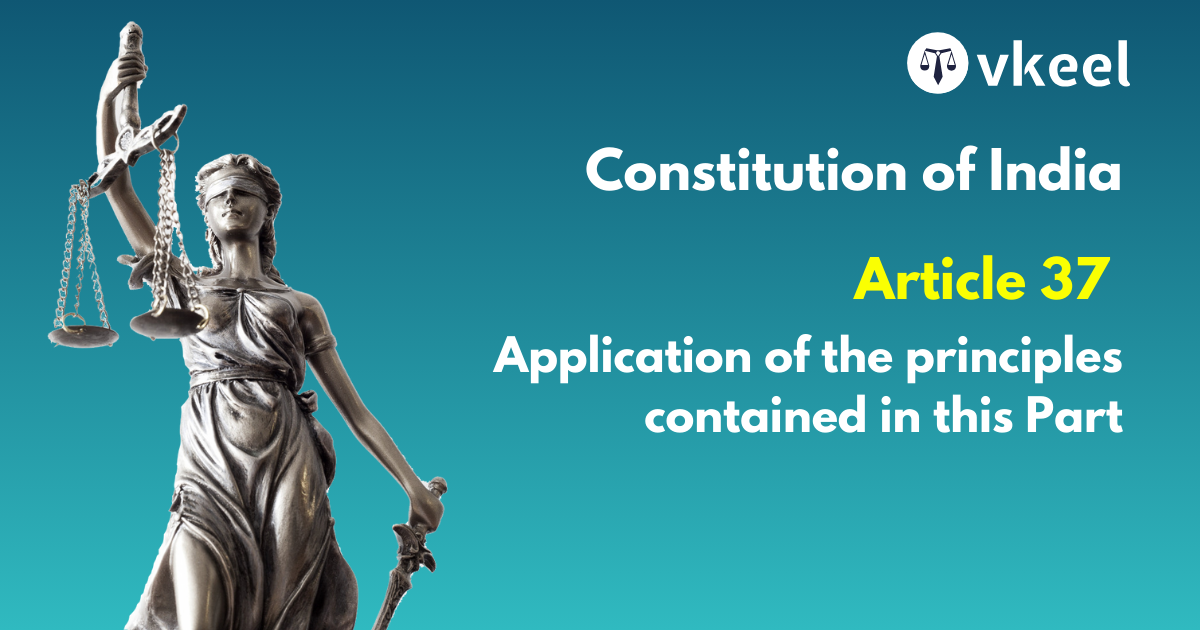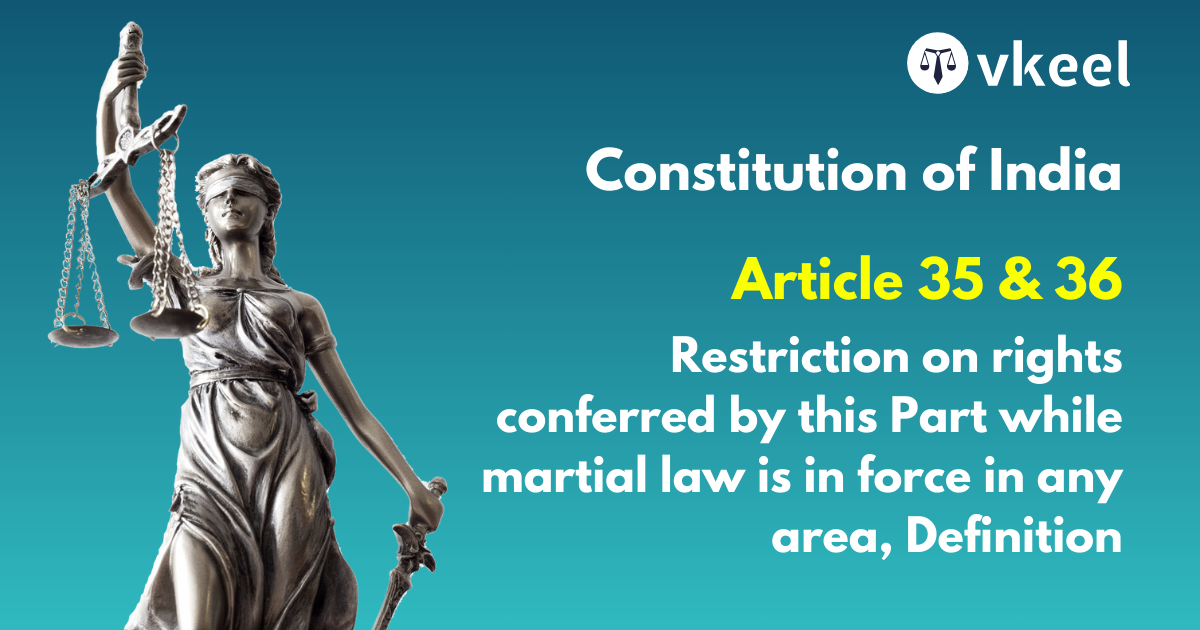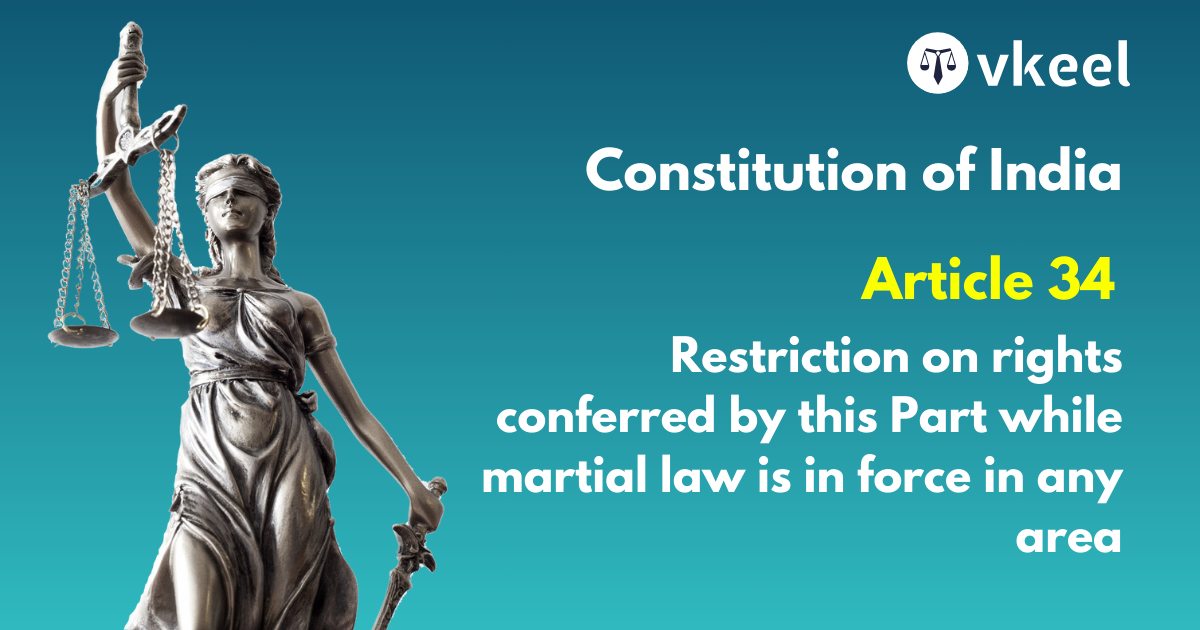Article 7 Rights of Citizenship Of Certain migrants to Pakistan
By Vanshika Saini
Table of Contents
Introduction
The backdrop of Article 7 can be reconstructed through the historical chaos created amidst the partition, dividing the whole nation into a set of refugees and citizens, yearning for their homeland.
The Article addresses the issue of ambiguity persisting after the partition, providing for a legal route, the article overrides the citizenship rules prescribed in Articles 5 and 6 largely focusing on individuals who individuals migrating from India for Pakistan after 1947 march.
The following Article ensured that the refuges are not considered as citizens without fulfilling the respective conditions allowing for resettlement and return of individuals migrating to Pakistan and later to India.
The necessity amongst the partition called for transparent and lucid laws fostering a projection of a vigilant approach thus claiming a legal citizenship to the individuals along with security and stability.
Article 7
Rights of citizenship of certain migrants to Pakistan.— Notwithstanding anything in articles 5 and 6, a person who has after the first day of March, 1947, migrated from the territory of India to the territory now included in Pakistan shall not be deemed to be a citizen of India:
Provided that nothing in this article shall apply to a person who, after having so migrated to the territory now included in Pakistan, has returned to the territory of India under a permit for resettlement or permanent return issued by or under the authority of any law and every such person shall for the purposes of clause (b) of article 6 be deemed to have migrated to the territory of India after the nineteenth day of July, 1948.
Judicial Pronouncements and Amendments
In Kulathil Mammu vs the State of Kerela, 1966; the Supreme Court upheld that ‘migrated’ is used in a broader sense, meant moving from a particular place to another, without the intention to reside permanently.
The interpretation explicitly excluded short term relocations or movements without any purpose. The apex court held that domicile, migration and intention, stresses on article 6 and 7 addressing the state at the commencement of the Constitution, therefore protecting the Citizenship of those citizens who migrated from Pakistan to India.
Article 7: A Social Astute
The above article recognises that citizens have a right to indulge oneself in the processes of democracy and right to vote being a power. This helps in shaping the right set of governance in reinforcing the continuity.
The citizens under the Article 7 can avail themselves of certain welfare procedures provided by the government, including education, health and social security, thus contributing to the ideal societal structure.
The citizenship also calls for providing descendants a benefit of privileges and rights along with their families, thus granting a secure future generation right.
Conclusion
The aim of the Article 7 is to provide a moral status and not just a legal structure, a structure providing a route for reintegration, thus allowing families to rebuild their lives by reuniting.
The particular article emphasizes on the makers of the constitution, an imperative attitude of providing stability and justice during the period of turmoil. The state of balance maintained through this article serves as a motivation for debates at present time and even before migration.
Disclaimer:
The information provided in the article is for general informational purposes only, and is not intended to constitute legal advice or to be relied upon as a substitute for legal advice. Furthermore, any information contained in the article is not guaranteed to be current, complete or accurate. If you require legal advice or representation, you should contact an attorney or law firm directly. We are not responsible for any damages resulting from any reliance on the content of this website.

